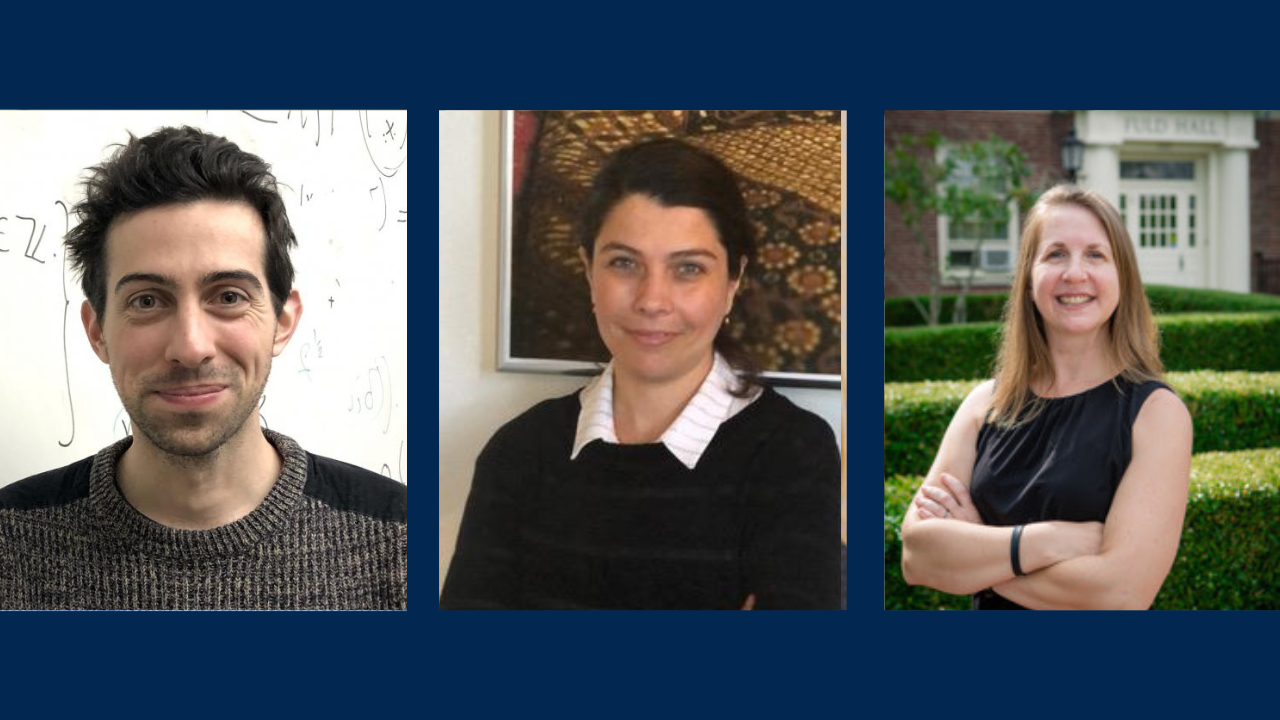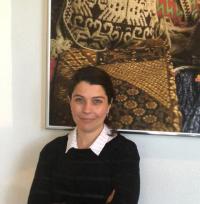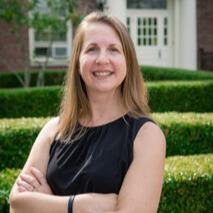
A mathematician studying the geometry behind refractions, a technologist creating wearables for the chronically ill, and a science historian revealing the complex history of sociogenomics have been named the 2023 Dean’s Faculty Fellows for the College of Letters and Science at UC Davis.
“The College of Letters and Science at UC Davis is a powerhouse for cutting-edge research,” said Dean Estella Atekwana. “Our Dean’s Faculty Fellows continuously showcase the innovation and thought leadership that are hallmarks of our college.”
The three-year fellowships are part of the College of Letters and Science Faculty Investment Initiative to support early faculty research excellence and development. Each three-year fellowship provides a faculty member with $22,500 and is supported entirely by private funding.
Roger Casals
Associate professor, Department of Mathematics

A mathematician working in the areas of symplectic topology and contact geometry, Casals studies caustics, optical phenomena that emerge from the reflection of light rays on surfaces, like sunlight glittering on water. The fellowship will support Casals’ foundational research into discovering new ways to predict the evolution of caustics using mathematical diagrams called Legendrian weaves and Lagrangian skeleta.
"I am grateful for the honor of being named a Dean's Fellow,” Casals said. “I want to acknowledge the consistent support that the College of Letters and Science has offered since I started as faculty at UC Davis, both in allowing me to move forward in my research and helping me grow as a faculty member in our campus. I very much look forward to being a Dean's Fellow, working on the research challenges ahead and trying my best to contribute to our college. I also want to thank my faculty colleagues at the Department of Mathematics for providing such a wonderful and productive environment."
Casals is working to establish a complete translation between the geometric behavior of light and combinatorics associated with cluster algebras. His findings in this area have been the subject of conferences around this field of mathematics, including one at the American Institute of Mathematics and another at the Oberwolfach Research Institute for Mathematics.
Gozde Goncu-Berk
Associate professor, Department of Design

Goncu-Berk and her research group WearLab explore electronic textiles and wearable technologies, including new material and digital fabrication possibilities to facilitate design for a variety of underserved populations such as people suffering from chronic diseases, the elderly and children. The fellowship will support her research to develop and test an electronic textile-based, real-time bladder monitoring wearable that can be worn as an unobtrusive undergarment around the bladder region.
"It is a great honor and I am genuinely humbled to be chosen for this prestigious recognition,” Goncu-Berk said. “Being named the Dean’s Faculty Fellow validates the dedication and passion I have invested in my research on designing wearable technology. I am excited about the opportunities this fellowship will bring and I look forward to collaborating with esteemed colleagues, contributing to meaningful projects, and furthering my academic pursuits."
The long-term goal of Goncu-Berk’s project is to provide a wearable technology that will empower patients with urinary incontinence to take control of their health by providing accurate biometric data, which can also be used by health care professionals to inform and evaluate treatment and care.
Emily Merchant
Associate professor, Department of Science and Technology Studies

A historian of science and technology in the 20th and 21st centuries, Merchant studies the development of quantitative human sciences and technologies of human measurement. The fellowship will help Merchant complete her second book, which is tentatively titled “Molecular Eugenics: The American Pursuit of Intelligence Genes, 1916-2022.”
“It is a tremendous honor to be named a Dean’s Faculty Fellow,” Merchant said. “It feels like a huge vote of confidence for my current book project and will help me get this important and timely work into the world sooner than I would have been able to do otherwise.”
Merchant hopes that the book will deter racist violence and eugenic policies and business practices by revealing the 100-year history of eugenics in the social sciences and the direct impacts of eugenics on today’s sociogenomicists and their research and communication practices. The work will help sociogenomicists remove practices based in eugenics and scientific racism from their research designs and communicate their findings in ways that deter eugenic implementations and racist interpretations.
